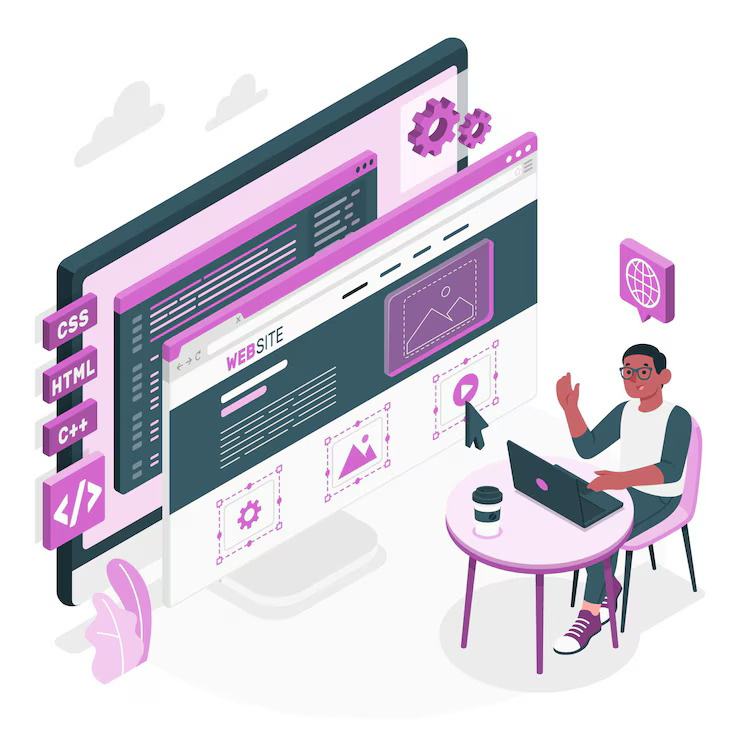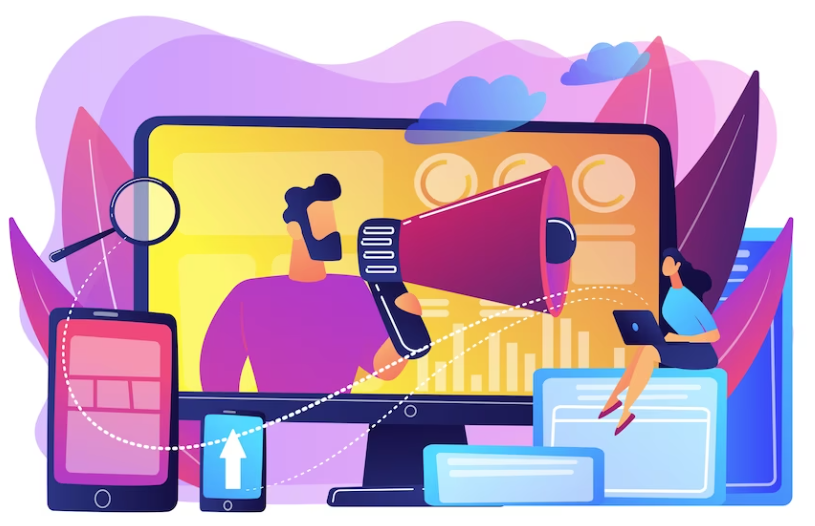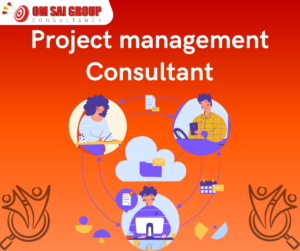How to Hire the Right WordPress Developers for Your Business?
Hiring the right WordPress developer can shape the direction of your digital presence. A skilled professional not only builds your website but also ensures it functions well, loads quickly, and reflects your brand. With so many freelancers, agencies, and in-house candidates available, choosing the right one may feel overwhelming. This guide breaks down the hiring process and gives you a solid path to follow.
Why Your Choice of WordPress Developer Matters
Your website acts as the face of your business online. Whether you run a blog, eCommerce store, or service-based company, your audience expects a site that loads quickly, looks professional, and works smoothly on all devices. A developer directly affects how well your site performs in each of these areas.
Poorly built websites often face long loading times, security risks, and frequent bugs. Choosing the right developer from the start helps you avoid costly mistakes and setbacks.
Define What You Need
Before you hire wordpress developers, list your specific needs. This helps filter out candidates who don’t match your requirements and saves you time during the selection process.
1. Project Scope
Do you need a full website build, redesign, plugin development, theme customization, or ongoing maintenance? Define the exact tasks you want your developer to handle. Also, note whether the job is one-time or long-term.
2. Technical Requirements
Not all WordPress developers hold the same skill sets. Some focus on design, others on backend coding. Decide if you need someone experienced in:
- PHP and MySQL
- HTML, CSS, JavaScript
- WordPress theme and plugin development
- WooCommerce
- API integration
The clearer you are, the better your match will be.
Choose Between Freelancers, Agencies, and In-House Developers
Each option brings pros and cons depending on your project’s size, budget, and deadlines.
Freelancers
- Pros: More affordable, flexible, wide talent pool.
- Cons: May lack project management or consistent availability.
Agencies
- Pros: Teams of experts, better suited for larger or complex projects.
- Cons: Higher cost, potential for slower communication if layers of management are involved.
In-House Developers
- Pros: Direct access, aligned with your brand and internal team.
- Cons: High overhead, limited to one person’s skill set unless you hire a team.
For short-term or project-based needs, freelancers or agencies often make the most sense. For businesses looking to scale or manage content-heavy platforms, in-house may be a better route.
Where to Find Quality WordPress Developers
Plenty of platforms list experienced developers. Some of the most trusted include:
- Upwork: Ideal for freelance projects, includes reviews and past work samples.
- Toptal: Known for vetting top-tier developers.
- Codeable: WordPress-specific platform for freelance experts.
- LinkedIn: Great for both freelance and full-time roles.
- GitHub and Stack Overflow: Good for spotting developers who contribute to open-source projects or help others with code.
Make sure to check portfolios, ratings, and client feedback before reaching out.
Key Skills to Look For
A great WordPress developer combines technical skill with real-world experience. Watch for the following when reviewing resumes or profiles:
1. Custom Theme and Plugin Development
Many businesses outgrow pre-built themes or plugins. Your developer should know how to build or modify custom ones tailored to your goals.
2. Clean Code Practices
Well-written code makes future updates easier and prevents compatibility issues. Ask to see code samples or GitHub repositories.
3. Security Knowledge
Security matters, especially for eCommerce and membership sites. A strong developer follows best practices and knows how to protect your site from threats.
4. Mobile and Browser Compatibility
Most users visit websites from phones or tablets. Your developer should test designs on multiple browsers and devices.
5. SEO Fundamentals
While you may have a separate SEO team, your developer’s work should support clean URLs, fast load times, and proper schema markup.
Check for Cultural and Workflow Fit
Technical skill is only part of the picture. Look for a WordPress developer who fits into your workflow and shares your approach to deadlines and quality. If you work with tight schedules or use specific tools like Trello, Slack, or Git, make sure they’re comfortable with those as well.
Set Clear Expectations
Once you’ve chosen a developer, avoid confusion by setting clear expectations from the start.
Contracts and Scope
Put everything in writing, including timelines, milestones, payment terms, and deliverables. This protects both your business and the developer, keeping everyone on the same page.
Communication
Set a regular check-in schedule. Weekly updates or brief reports help prevent last-minute surprises.
Testing and Feedback
Build time into your timeline for review and testing. Offer constructive feedback quickly so your developer can make changes early.
Red Flags to Avoid
Not every candidate will be the right fit. Watch out for these warning signs:
- Vague or generic answers during the interview
- Unwillingness to share portfolios or code samples
- Lack of experience with WordPress-specific tools
- Poor communication or slow replies
- Overpromising unrealistic deadlines
If someone avoids questions or downplays potential risks, move on.
Final Thoughts
Hiring the right WordPress developer isn’t just about skill—it’s about trust, communication, and shared goals. Start by knowing what you need, look in the right places, and ask the right questions. Take your time with the hiring process. The extra effort up front leads to fewer headaches and better results down the road.
Whether you go with a freelancer, agency, or in-house hire, the right developer becomes a key asset in growing your digital presence.













